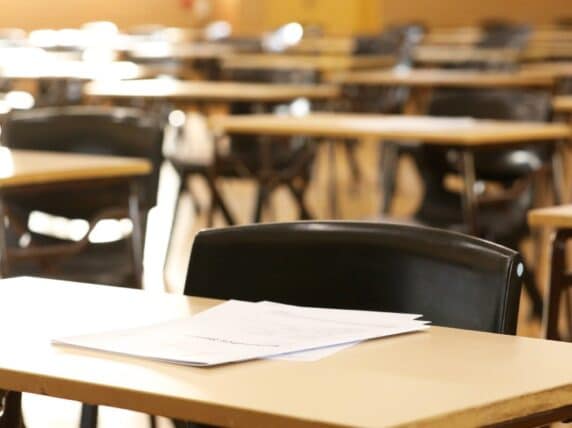Building an inclusive community through disability sport
There are 2.5 million disabled children in Uganda. The highest prevalence is in the North where civil war has decimated healthcare and basic services, leaving disabled children vulnerable to extreme discrimination and social exclusion.
Described as “invisible”, these children are hidden at home and significant numbers of parents have told us they face pressure to neglect or kill a disabled child to avoid family disgrace. We also know that only around 9% of disabled children in Uganda start primary school, and worse still a staggering 94% drop out due to inaccessible premises and the negative attitudes of teachers and peers. The result is that Uganda’s disabled children are trapped in poverty, stripped of their independence and denied their basic human rights.
At Motivation we have spent the last 25 years tackling these issues and challenging attitudes. We have also recognised the power of sport in transforming lives and how sport can be used as a catalyst for change.
In 2011 we secured funding from Comic Relief as part of its International Sport for Change programme to pilot a project in three districts of Northern Uganda. Alongside the Gulu Disabled Persons Union and the Kids League we set up an inclusive sports league and trained up coaches to work with disabled children to access grassroots sport.
Running parallel we developed a network of peer mentors who used the league to identify vulnerable disabled children who they subsequently engaged with through home-visits, gaining their trust and confidence so that they could help them in understanding their rights, promote self-advocacy and support them to access education or community activities.
The sports league also served to increase local awareness of disability as children were encouraged to participate alongside their peers in public tournaments and school competitions. This helped to challenge perceptions and stigma, as well as demonstrate just what young disabled people are capable of – resulting in more inclusive and supportive communities.
14-year-old Vincent was one of the children that we worked with: “I didn’t know disabled sports existed. Now I realise I am capable of taking part in sport, I have potential. I’ve learned to respect myself. I have made friends with other disabled children. I see the coaches as role models; they have taught me that disability does not mean inability.”
Subscribe to our newsletter
Our weekly email newsletter, Network News, is an indispensable weekly digest of the latest updates on funding, jobs, resources, news and learning opportunities in the international development sector.
Get Network NewsVincent’s experience is typical and highlights the key strength of the project in that it combined sport with a peer education approach – where young disabled people could learn from others who had faced similar challenges but had overcome them.
At the end of the three-year project 587 disabled children had participated in sport and benefited from the additional peer support. Evaluations found that 95% of these children showed increased confidence; at least 78% had an increased awareness of their rights and how to defend themselves; all children showed increased levels of independence and empowerment and about 50% shared stories of advocacy actions; and, crucially, all of these children made new friends with able bodied children with 70% feeling more included in community activities. We also saw children enrolling in school for the first time and parents became much more aware of the abilities of their children.
Denis (pictured above) sums up the impact of the project perfectly for me: “Disability is not an inability. If you are disabled you can still do something better in your life like I have done!”
Denis found a passion for wheelchair basketball and says “It makes me feel good! I now have more friends; I am better known; getting skilful and hope to play in the Paralympics!”
While elite sport is not for everyone we know that grassroots sport can help with the basics and offer a fertile environment for positive change.
What next?
There are many more disabled children who can benefit from this type of approach. The project in Uganda was a great success but threw up challenges that we can learn from, such as considering how we target girls going through puberty and ensure they are not excluded because of their gender. Equally we know that more still needs to be done around improving attitudes and more work is required to mainstream sport and mentoring for children with disabilities. In the case of Uganda this means influencing decision and policy makers at district and national level.
Category
News & ViewsThemes
Disability and Inclusion



